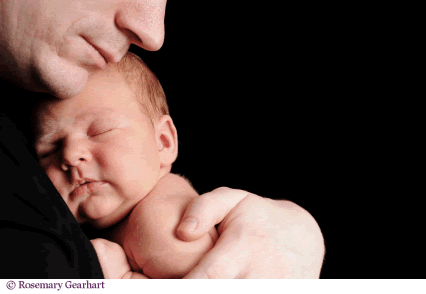
A broad study of couples seeking fertility help has shown that men are not immune from the ticking of the biological clock: They become less fertile after the age of 35. Researchers at a French fertility clinic studied over 12,000 couples who sought treatment at the clinic, and found that older men were less likely to conceive a child with their partners, and were more likely to conceive a child that ultimately miscarriedÂ
 Link to : Discover Magazine ro read more
A new study by researchers at Hasbro Children’s Hospital offers a closer look at the association between childhood sleep-disordered breathing (SDB), including snoring and sleep apnea, and behavioral problems like hyperactivity and anxiety.Published in the April issue of the Archives of Pediatric and Adolescent Medicine, the study revealed that children with SDB who are also overweight, sleep for short periods of time, or have another sleep disorder like insomnia are more likely to have behavior issues. [continue reading…]
Published: February 12, 2008
Active father figures have a key role to play in reducing behaviour problems in boys and psychological problems in young women, according to a review published in the February issue of Acta Paediatrica.
Swedish researchers also found that regular positive contact reduces criminal behaviour among children in low-income families and enhances cognitive skills like intelligence, reasoning and language development.
Children who lived with both a mother and father figure also had less behavioural problems than those who just lived with their mother. [continue reading…]
Published: September 14, 2007
More than 20 million people – a third of the UK population – live with the direct effects of divorce or separation, suggests a survey published today. A minority get help, mainly from lawyers, but that is usually is not enough. The figures highlight a crisis for separating parents and their children, according to Karen and Nick Woodall, authors of ‘Putting Children First’ – published today – Britain’s first handbook aimed at everyone affected by family separation.
Some 33 per cent of respondents reported that either their parents had separated or they had separated from a partner with whom they had had children. Given that Britain’s population now exceeds 60m, the survey suggests that more than 20m people may be living with the direct effects of separation. [continue reading…]

